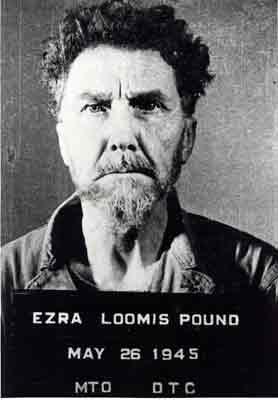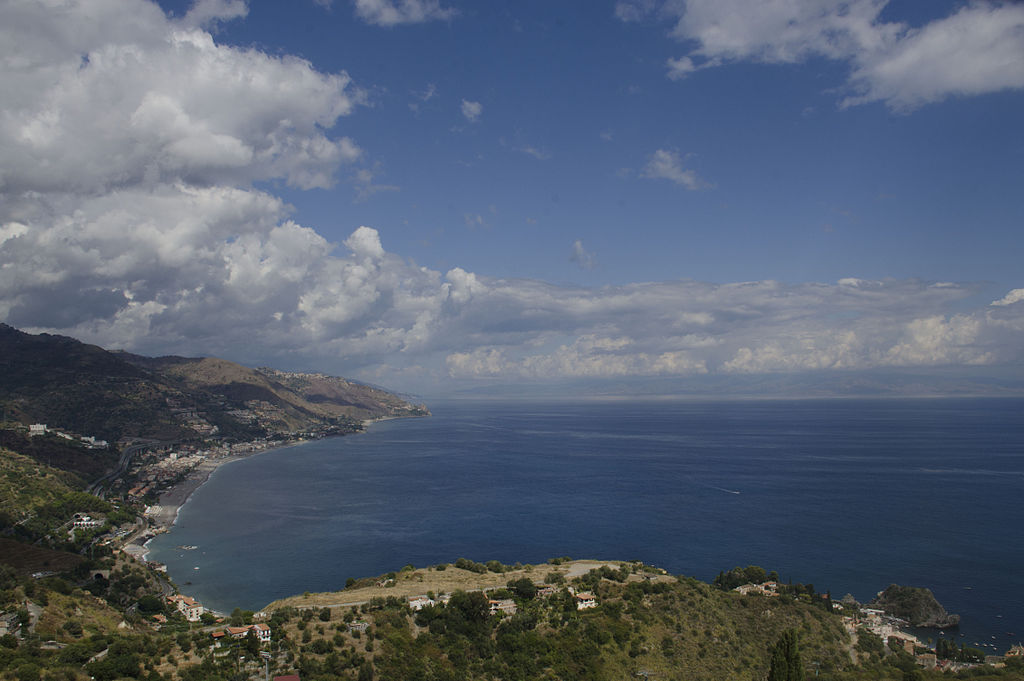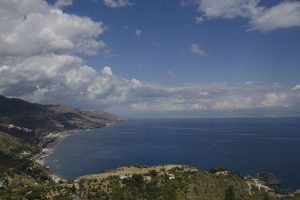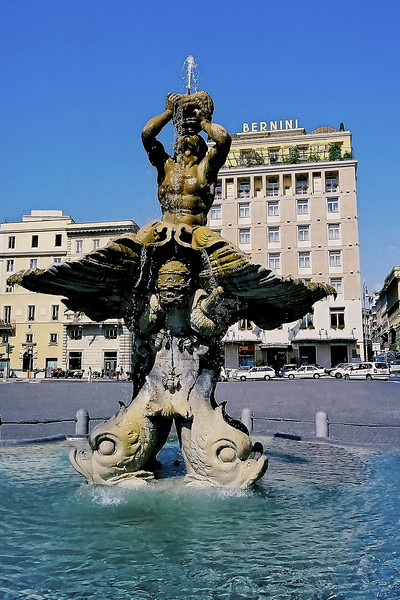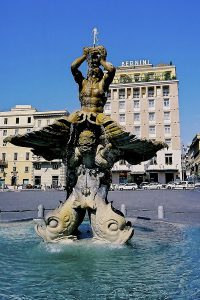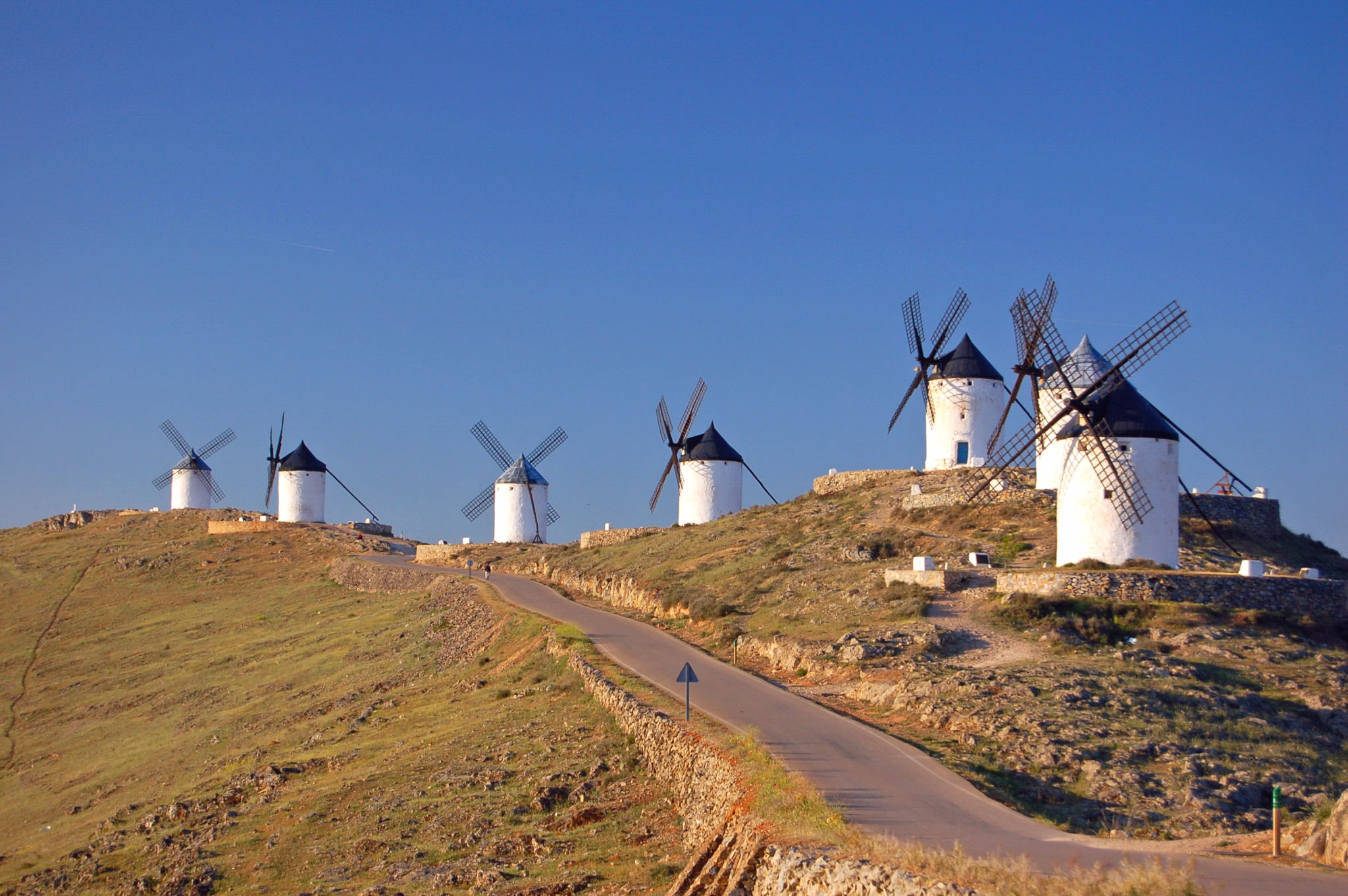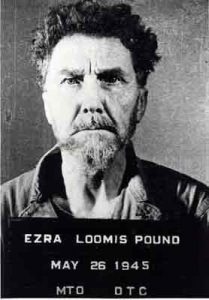 To Ezra Loomis Pound
To Ezra Loomis Pound
Via S. Stefano Rotondo 6
Rome. July 19, 1946
Dear E. P.
I am glad to hear directly from you. What people told me when I inquired was meagre and contradictory. Now that I have your address I can ask Scribner to send you my new book, or any other obtainable book that you may want. In an anthology sent me I find your ballad about Christ quà gangster: it is a nice contrast to my new book on the idea of Christ as pure spirit in the flesh. Mine would perhaps turn your stomach, yours only makes me laugh.
My copy of the Realm of Spirit has not been returned, or was lost on the way, but now it doesn’t at all matter because I have another version in the big single edition of Realms of Being that Scribner has issued and which is a success both as an imposing volume and as a means of diffusing my speculations, now precisely when so much romantic nonsense has lost the hypnotic power.
I hope your health and prospects of returning to Italy are improving.
Yours sincerely,
G Santayana
From The Letters of George Santayana: Book Seven, 1941-1947. Cambridge, MA: The MIT Press, 2006.
Location of manuscript: Unknown.

